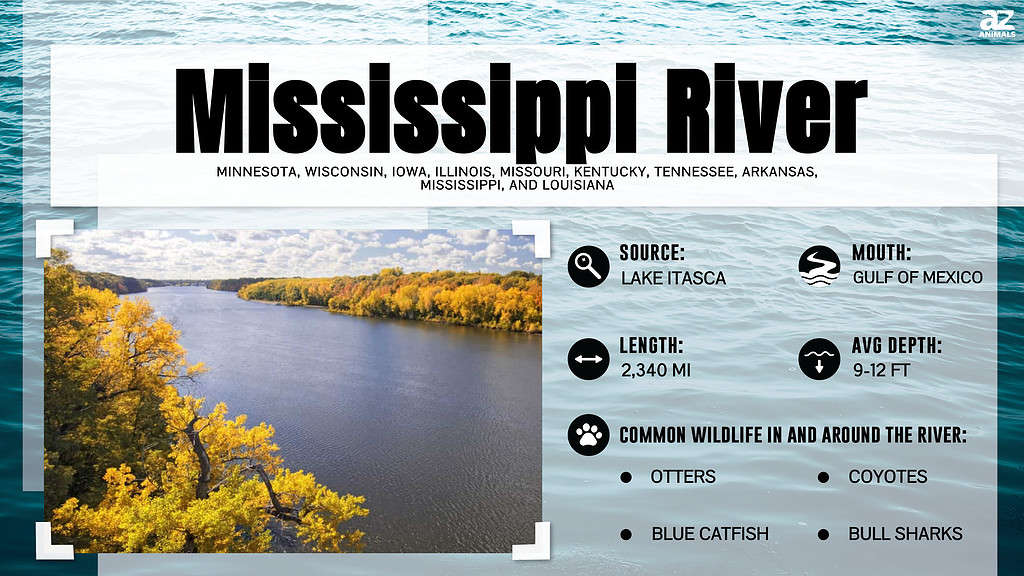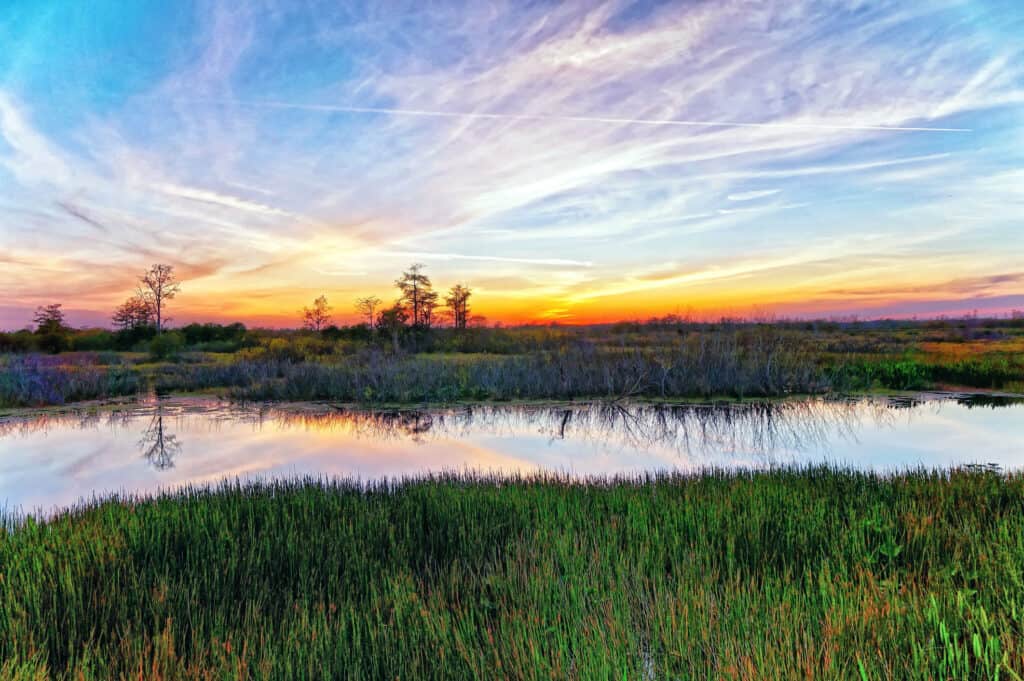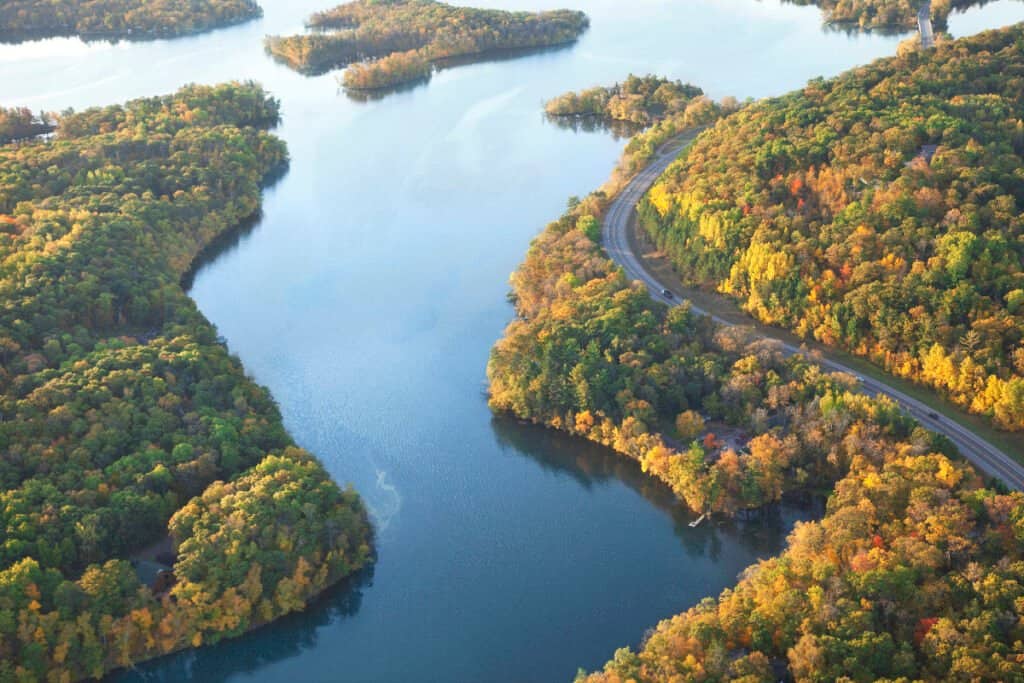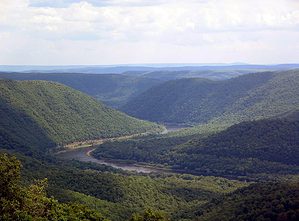The Mississippi River isn’t just the second-largest river in the United States — it’s also one of the most endangered. This is because of a variety of Mississippi River pollutants: trash and chemicals that are ruining the river and putting native species at risk.
Are you ready to learn more about the Mississippi River pollutants that are putting this great and iconic river at stake? Keep reading.

What Is a Pollutant?
When it comes to rivers, a pollutant is anything that has a negative impact on the water quality. Typically, this is caused by human influence. However, there are a few cases where pollution may be natural, such as in cases of volcanic eruptions or forest fires. These can introduce smog and ash to the river, harming the quality.
In most cases, however, pollution comes as a result of human influence. The most common pollutants, in this case, are chemicals like fertilizer, trash, and plastic.
The Main Source of Mississippi River Pollutants
The number one source of many of the Mississippi River pollutants is agricultural runoff. Agricultural runoff includes any pollutants that occur as a result of farming and agricultural processes in the United States.
One of the most common forms of agricultural runoff occurs as a result of over-fertilizing. Fertilizer includes certain organic chemicals, such as nitrogen. When people over-fertilize their crops or even their lawns, the rain can wash the excess into nearby water sources, including the Mississippi River. This alters the chemistry of the water and decreases the quality. It can also reduce oxygen in the water and lead to harmful algae blooms that can pose a large threat to native wildlife.
However, this isn’t the only way that agricultural runoff can occur and affect water quality.
Another source of agricultural runoff is animal waste. Manure is similar to fertilizer in that it is full of organic chemicals. In large farms, it’s important to store animal waste so it does not have a negative impact on the environment. However, in some particularly large farms, there’s too much waste to be managed. As a result, there are occasionally leaks that can impact water quality.

Agricultural runoff is a major pollutant of the Mississippi River.
©iStock.com/Jaimie Tuchman
Other Sources of Pollution in the Mississippi River
Although agricultural runoff is one of the major sources of pollution on the Mississippi River, it’s not the only source. Instead, the Mississippi River is at risk for physical pollution just like chemical pollution. Sediment is a major concern. However, another concern is trash and plastic.
Dumping has become a major concern on the Mississippi River, as well as day-to-day littering. Trash can enter the river and obstruct its flow, leading to sediment build-up. It can also leak harmful chemicals into the water. As for animals, they may eat or become ensnared in certain trash, such as plastic rings. All of these Mississippi River pollutants can make the river dangerous not only for humans in some areas but for the plants and animals that call it home as well.
Is the Mississippi River Getting Cleaner?
Although the Mississippi River is one of the top ten endangered rivers in the United States, it’s getting cleaner. One study showed that certain Mississippi River pollutants, such as harmful bacteria and chemicals, have actually decreased since the 1970s. As a result, there is hope for a brighter, cleaner future for the Mississippi River.

The Mississippi River is getting cleaner.
©iStock.com/Willard
Can the Mississippi River Be Restored?
Although the Mississippi River may never reach pristine levels again, it is possible to restore it to relatively safe levels. Cleanup crews can help remove some of the physical Mississippi River pollutants, such as trash, litter, and plastic. Stricter regulations on agriculture can help prevent excessive runoff.
While it may take time, it is possible to start working to restore the Mississippi River and reduce the number of pollutants endangering this beautiful river.
The photo featured at the top of this post is © iStock.com/Jaimie Tuchman
Sources
- NRDC, Available here: https://www.nrdc.org/stories/water-pollution-everything-you-need-know
- Lake Forest College (1970) lakeforest.edu/academics/majors-and-minors/environmental-studies/pollution-on-the-mississippi-river#:~:text=Agricultural Runoff is one of,it is non-point source.
- National Park Service (1970) nps.gov/miss/learn/nature/waterquality.htm#:~:text=Stretches of the Mississippi River,fishing%2C swimming%2C and drinking.
- (1970)
Thank you for reading! Have some feedback for us? Contact the AZ Animals editorial team.






